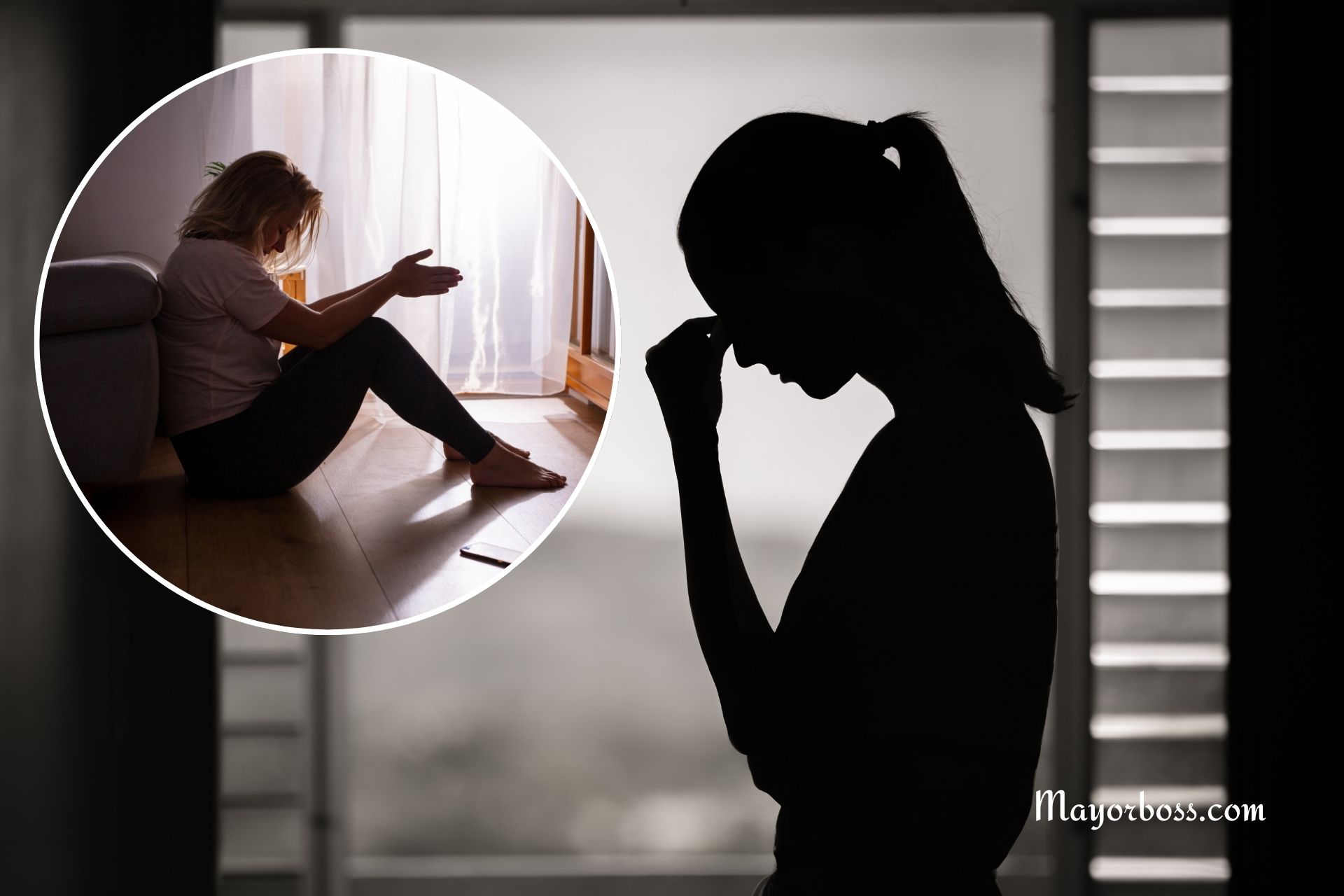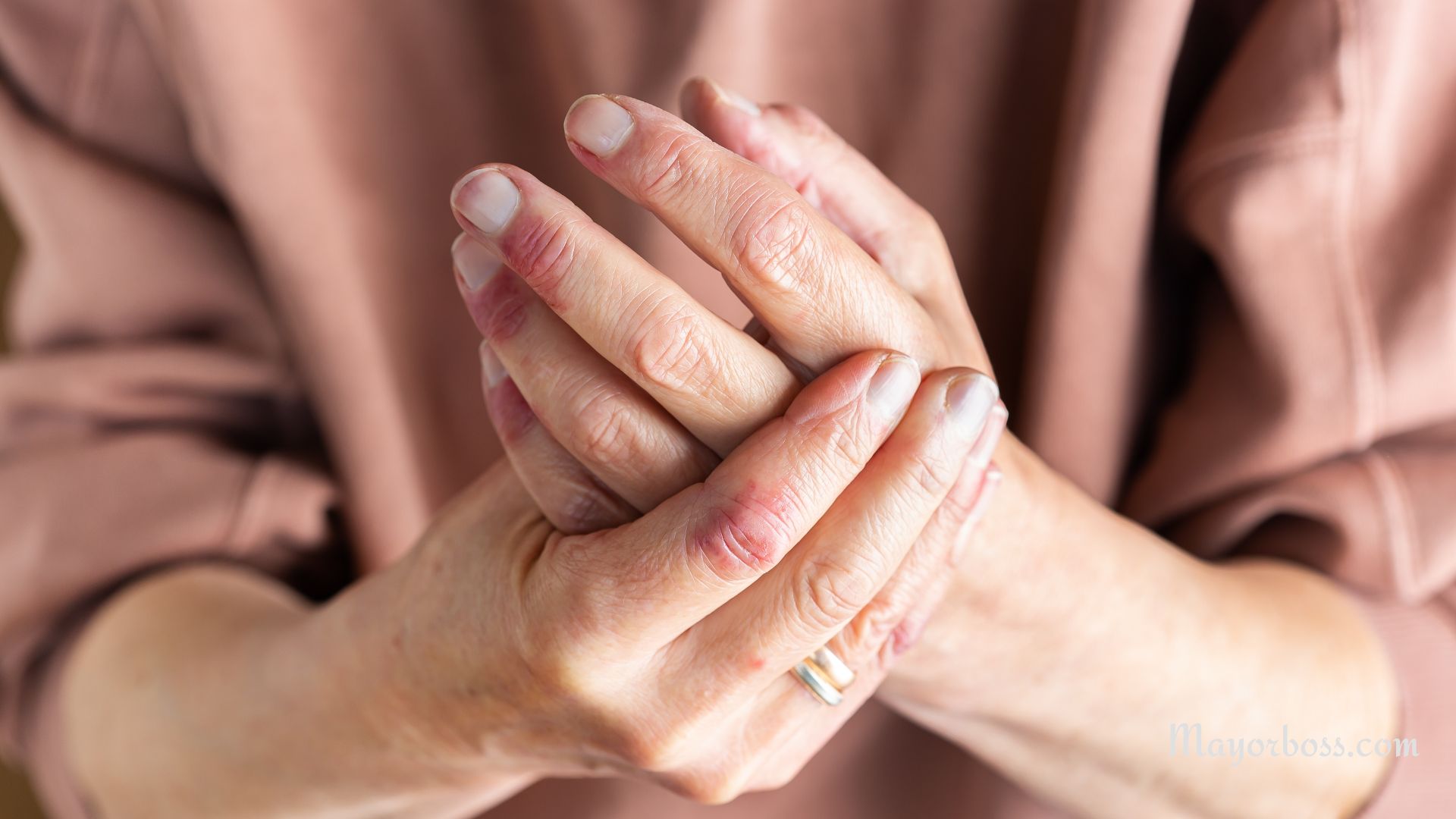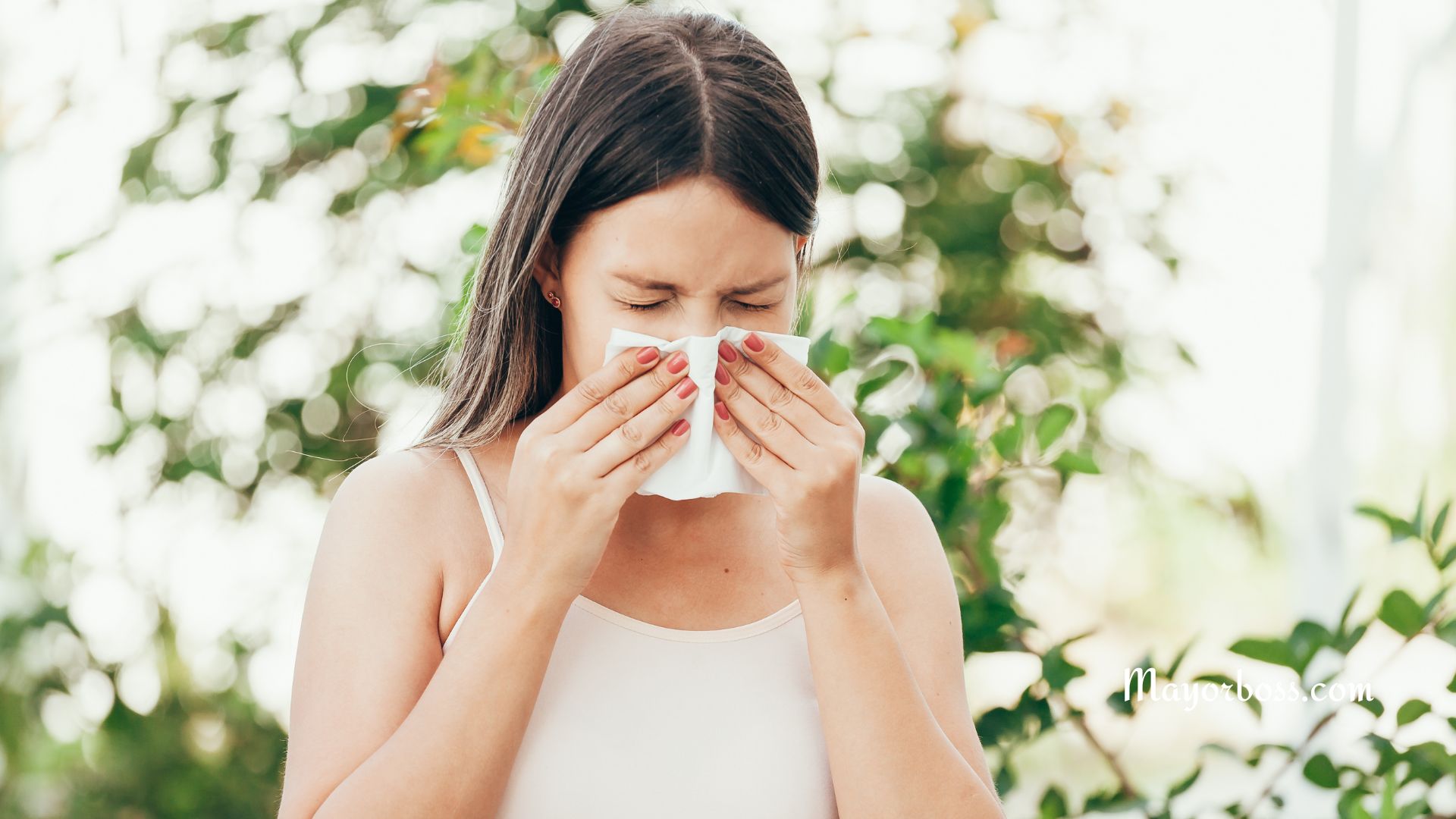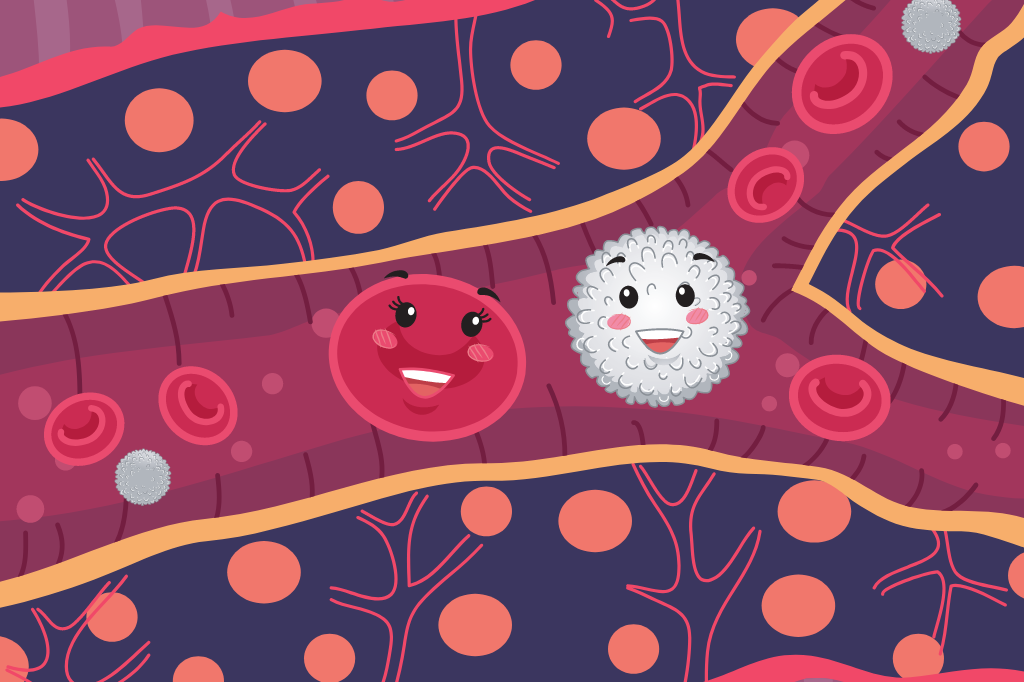How Often Do You Get the Shingles Vaccine?
How often do you get the shingles vaccine? If you’re wondering how often you need the shingles vaccine, the answer largely depends on your age and specific health conditions. Generally, adults aged 50 and older should get the shingles vaccine, also known as Shingrix, in a two-dose series. After that, a booster is not typically required.
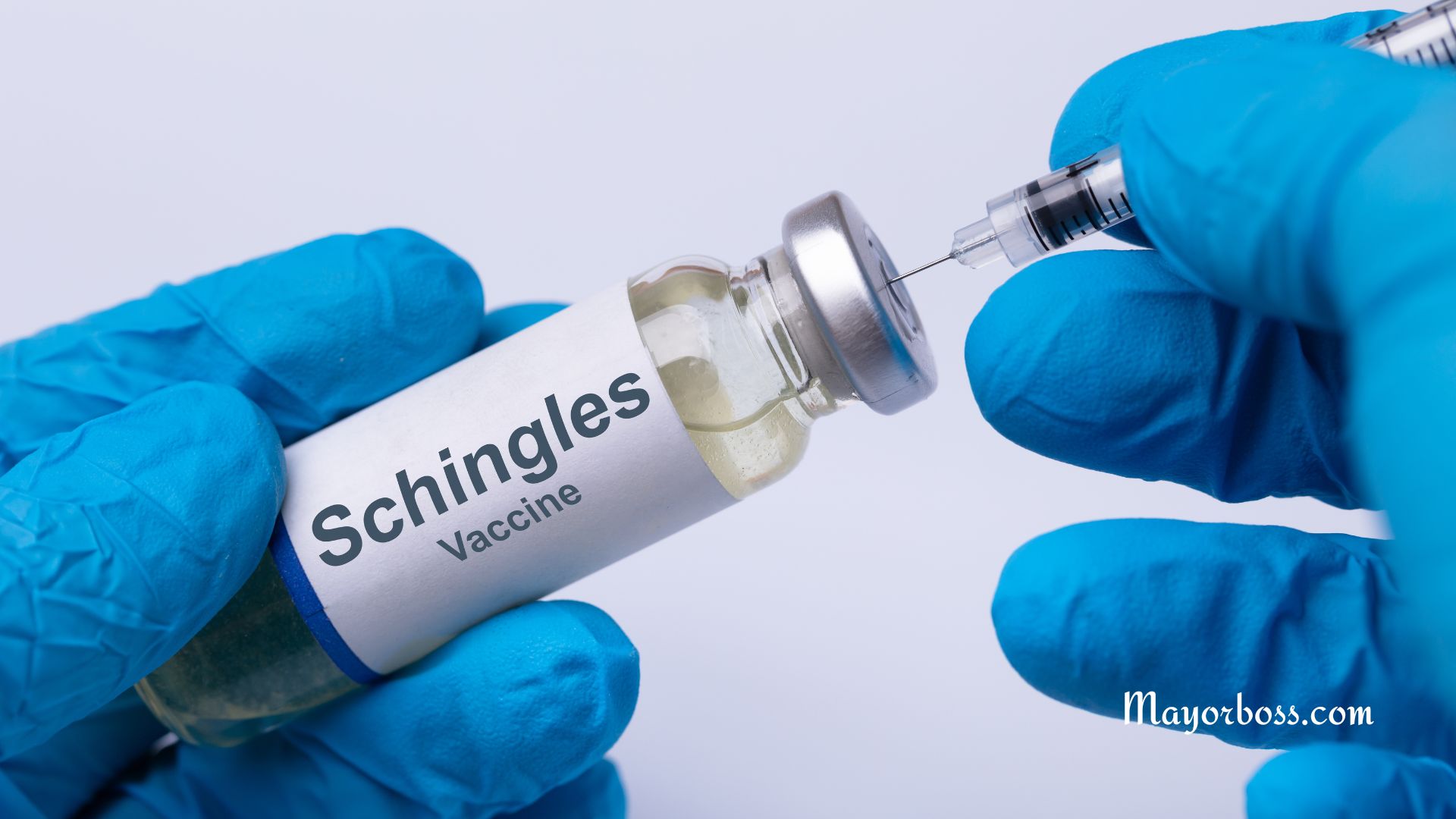
Why Shingles Vaccines Are Important
So, why should you even consider getting a shingles vaccine? Well, shingles is a painful skin rash caused by the varicella-zoster virus, the same type of virus that causes chickenpox. Basically, if you’ve had chickenpox, the virus can reactivate later in life and cause shingles. So, getting vaccinated can help prevent this uncomfortable condition.
Recommended Age and Dosing Schedule
In most cases, doctors recommend the shingles vaccine for adults 50 years and older. Shingrix, the most widely used vaccine, is administered in two doses. After the initial dose, the second dose follows within 2 to 6 months. Here’s the kicker: once you’ve completed the two-dose series, you usually don’t need a booster shot.
Immunocompromised Individuals
If you have a weakened immune system due to certain medical conditions or treatments, it’s crucial to consult your healthcare provider. They may suggest a different vaccination schedule tailored to your needs.
Alternatives to Shingrix
Although Shingrix is the preferred vaccine, Zostavax may still be used in some cases. If you’ve already received Zostavax, you don’t need to repeat it. Instead, you can switch to Shingrix for more effective protection.
Clinically Proven Effectiveness
Shingrix has been clinically proven to be over 90% effective in preventing shingles and postherpetic neuralgia, a complication that can cause severe pain. This high efficacy rate makes it the go-to choice for shingles prevention.
Examples of Who Should Consult a Doctor Before Vaccination
- Pregnant or breastfeeding women
- Those with a history of severe allergic reactions to vaccines
- Individuals currently experiencing a shingles outbreak
In these situations, it’s essential to consult your healthcare provider for personalized advice.
So, to sum it up, the shingles vaccine is generally a two-dose series without the need for frequent boosters. Consult your healthcare provider for any special circumstances that may apply to you.
Frequently Asked Questions
Can I Get the Shingles Vaccine If I’ve Never Had Chickenpox?
Absolutely, you can still get the shingles vaccine even if you’ve never had chickenpox. The vaccine is designed to boost your immunity against the varicella-zoster virus, which causes both chickenpox and shingles. However, it’s best to consult your doctor for advice.
What Are the Side Effects of the Shingles Vaccine?
Common side effects of the shingles vaccine include soreness, redness, or swelling at the injection site. Some people might also experience fever, fatigue, or headache. These side effects are generally mild and go away on their own within a few days. According to clinical studies, severe side effects are rare but possible, so it’s crucial to talk to your healthcare provider about any concerns you may have.
Do I Need the Shingles Vaccine If I’ve Already Had Shingles?
Yes, you should still get the vaccine even if you’ve had a shingles outbreak before. A previous bout with shingles doesn’t make you immune to future outbreaks. The shingles vaccine, particularly Shingrix, has been clinically proven to be effective in preventing recurrence.
How Much Does the Shingles Vaccine Cost?
The cost of the shingles vaccine can vary depending on several factors like your insurance coverage and where you get vaccinated. Most insurance plans, including Medicare, cover at least a portion of the cost. Without insurance, the vaccine can cost around $150 to $200 per dose. Therefore, it’s wise to check with your insurance provider for specifics on coverage and costs.
Can Kids Get the Shingles Vaccine?
The shingles vaccine is generally not recommended for children. It’s primarily targeted at adults 50 years and older. Kids who get chickenpox are less likely to develop shingles later in life, especially if they receive the chickenpox vaccine. However, if a child has special circumstances, such as a compromised immune system, a healthcare provider may recommend vaccination. Always consult your pediatrician for the best course of action for your child.

